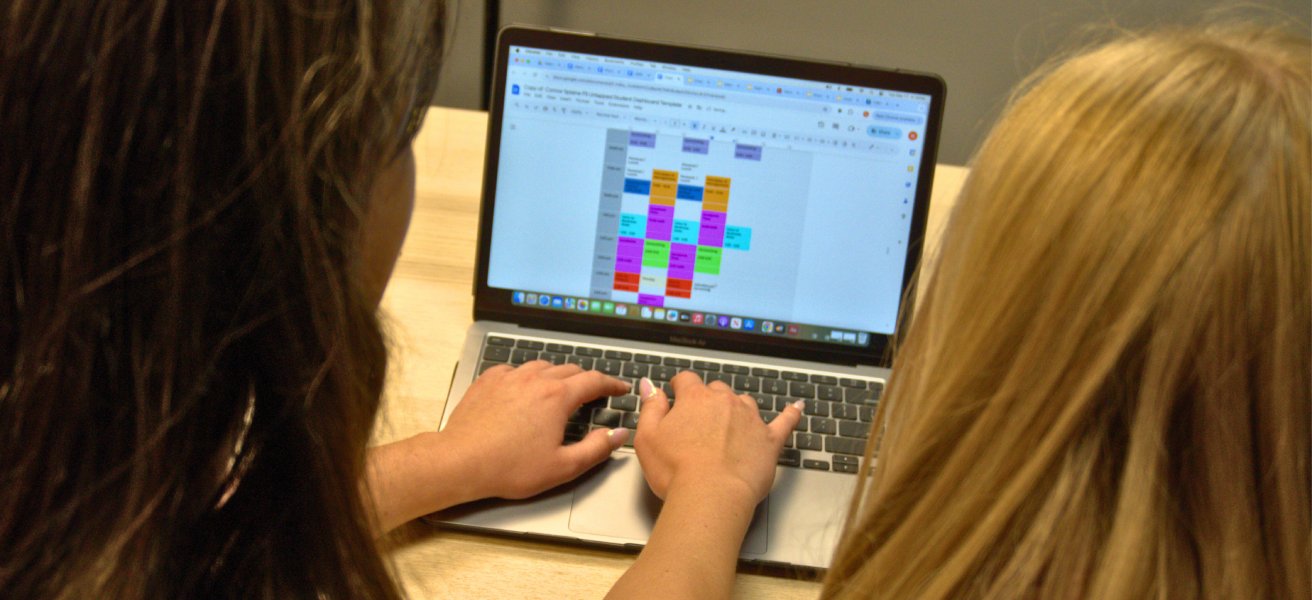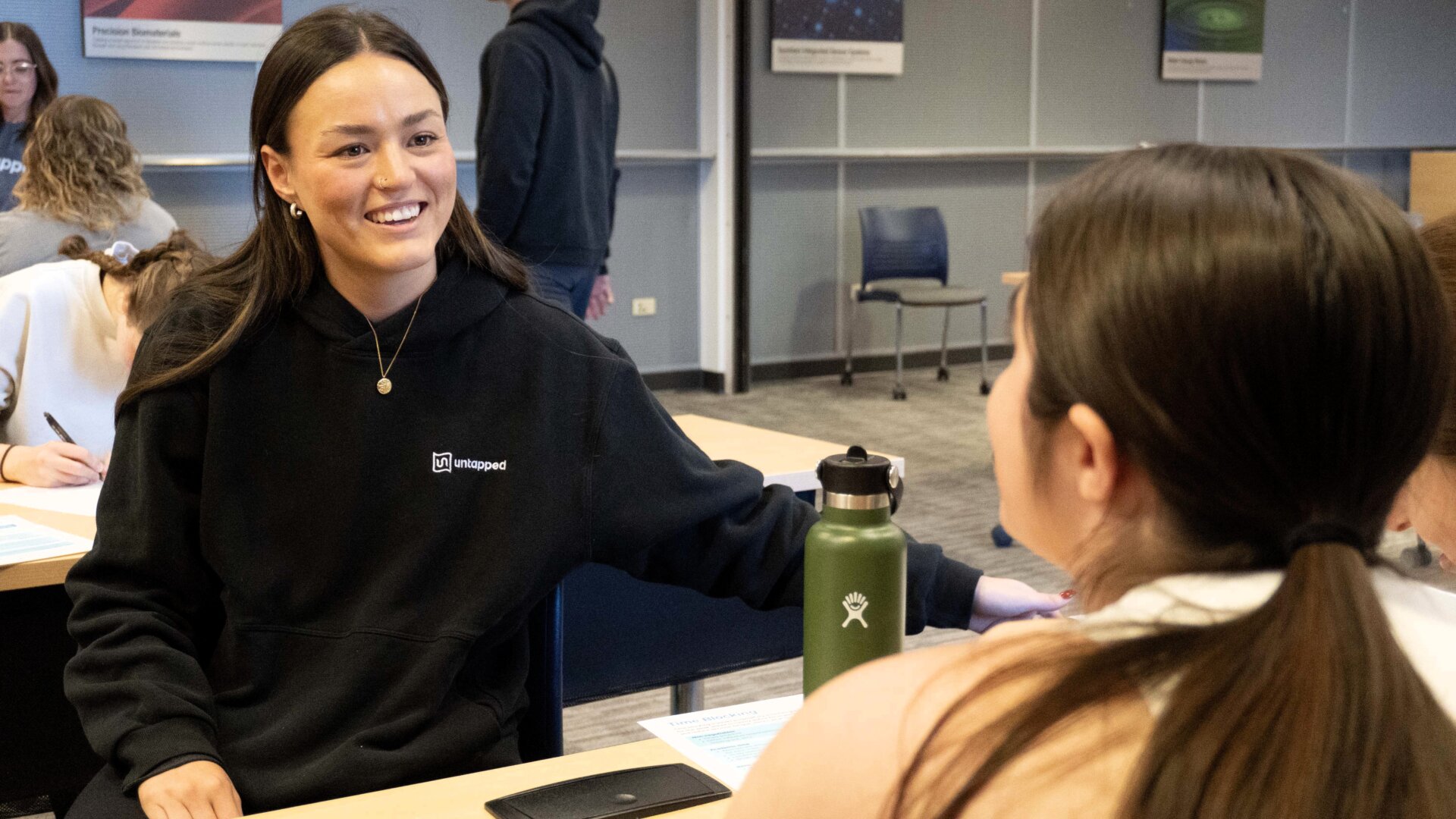Having your college student return home after a tough semester, especially if they’ve been placed on academic probation, can be daunting for you and them. It is normal to feel worried or disappointed, but it is important to remember that this is an opportunity to learn from our mistakes and grow as a student. Let’s look at how to help your child rebound and face their academic challenges with renewed confidence and strategy.
Remember to approach the situation with understanding and empathy. Remember, your child is likely feeling overwhelmed and possibly ashamed. College is a heck of a lot more challenging with executive function deficits, so remember to open a conversation not with judgment but with support and a willingness to listen. Learning from this experience and focusing on the growth potential is essential. This approach will help build trust and a mutual understanding of the way forward.
Reflect on the Previous Semester
Encourage your student to reflect on the past semester and identify their strengths and weaknesses. Self-reflection is crucial, particularly for students with executive function challenges, as it helps them understand what works and doesn’t. Discuss the practical strategies, habits needing changing, and areas requiring more focus.
Set Clear Goals for the New Semester
Everyone should have goals… especially someone who just failed Biology. Effective planning is going to be key to your student’s academic recovery. Assist your student in setting specific, measurable, achievable, relevant, and time-bound (SMART) goals.
These could range from improving grades in particular courses to dedicating a set number of weekly study hours. Clear goals provide direction and purpose, essential for students to improve their academic standing.

Often, students are adamant about returning to school, even if they debate whether it is a good idea. Having clear goals and expectations on what is expected of them academically and outside the classroom will be essential to a successful return. Students with executive function challenges struggle with the “grey.” Make sure to make goals and expectations as concrete as possible.
Establish a Solid Academic Routine
Routines are the bread and butter for developing executive functioning skills and are key to academic success. They help us combat procrastination, they help us remember to complete daily academic tasks, and they can lower a lot of stress around things that used to feel overwhelming. Work with your student to create a structured daily and weekly schedule and discuss the importance of routines in developing positive habits that will make college more manageable and less stressful.
This should include specific times for studying, attending classes, meals, and leisure activities. Ensure the routine is realistic and provides adequate rest and breaks to prevent burnout.
Make the Most of Office Hours
There’s a good chance your student didn’t utilize their professors’ office hours last semester. Hanging out with your Ethics professor might not sound that epic, but taking advantage of office hours is a great way to have a more effective semester. Encourage your student to take the time to discuss course material, clarify doubts, or seek advice during office hours.
Regular attendance at office hours demonstrates your students’ commitment to their studies. It can offer invaluable personalized academic support from their professors (the less interested the student is in the class, the more important that office hours are to attend). We must ensure the professor, TA, and other staff know we are serious about learning the material and passing the class.
Study Techniques that Work
Not all study techniques work for everyone. Pinning down effective strategies for each individual can be essential to academic success. This is a good time for your student to reevaluate which study techniques work best for them. These might include:
- Active Learning: Encourage them to engage actively with the material, such as summarizing information in their own words, teaching concepts to a friend or family member, or creating mind maps.
- Organized Notes: Effective note-taking methods can significantly aid in understanding and retaining information. Encourage your child to find a system that works best for them.
- Regular Reviews: Instead of cramming, regular review sessions can help better retain information.
Handling Academic Anxiety
Academic anxiety is a significant hurdle and a very real part of a lot of college students’ lives. Going on academic probation is undoubtedly not going to assist in lowering anxiety. Help your child to navigate this anxiety by:
- Breaking Down Tasks: Large assignments can be overwhelming. Breaking them into smaller tasks can make them seem more manageable.
- Mindfulness and Relaxation: Techniques like deep breathing, meditation, or light exercise can help reduce stress.
- Seeking Support: Seeing a therapist can be beneficial if the student is genuinely anxious about tests. Encourage them to reach out if they feel the need.
- Structure: Students need a lot of structure when returning to school after struggling. This could be a mentor, weekly appointments with an academic coach, frequent writing center appointments, or whatever the campus offers. However, be prepared, your student will fight the structure concept. We often fight what we need the most.
Building a Support Network
Reintegrating into college life after being placed on academic probation can be daunting for many students. Still, it is vital to understand the value of a positive social network. A support network provides a safe space for students to express their fears, frustrations, and aspirations. Emotional support helps in reducing stress and building self-esteem.
Friends, family, and mentors can play a vital role in keeping the student accountable for their academic commitments. They can also serve as a source of motivation, encouraging the student to persevere and strive for improvement.
Often, students need an outside perspective to see things. A support network can provide valuable advice and insights the student might not have considered, helping them make more informed decisions.
Celebrate the Small Wins
It can be hard to come back from academic probation with confidence. Celebrating the small wins throughout the semester is a great way to rebuild this confidence. It’s about recognizing and valuing each step toward academic recovery and improvement. This practice boosts morale and fuels motivation to continue putting in the effort. Small achievements, when acknowledged, act as positive reinforcement.
This is particularly crucial for students who are rebuilding their academic confidence. For students who have faced setbacks, this momentum can be the driving force that keeps them engaged and committed to their goals. It’s a reminder that progress is still progress, no matter how incremental. This also helps change the narrative from one of failure to one of gradual success.
Being placed on academic probation is not the end of the road. It’s an opportunity for your child to reassess, learn, and grow. With your support and a strategic approach, they can overcome this hurdle and emerge stronger. Remember, every successful person has faced challenges — how they respond defines their path forward.
Parents, your role is to provide a supportive and non-judgmental environment, helping your child find their way back to academic success. Together, you can turn this challenge into a valuable learning experience.
Parenting a child who struggles with executive function can be overwhelming, but you don’t have to navigate this journey alone. Let Untapped help!
Sources:
When the First Semester of College Doesn’t Go Well,
What is Academic Probation? How can you avoid it?





